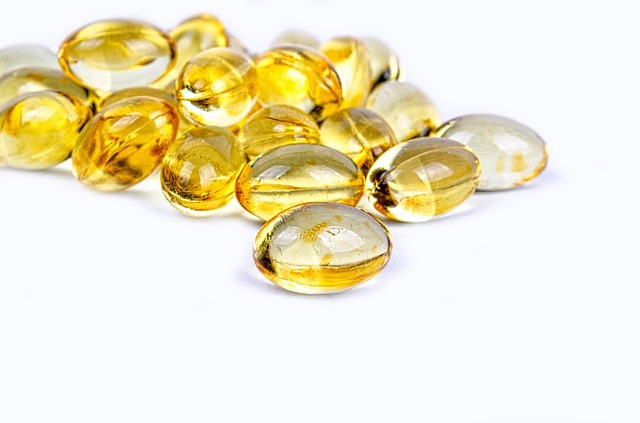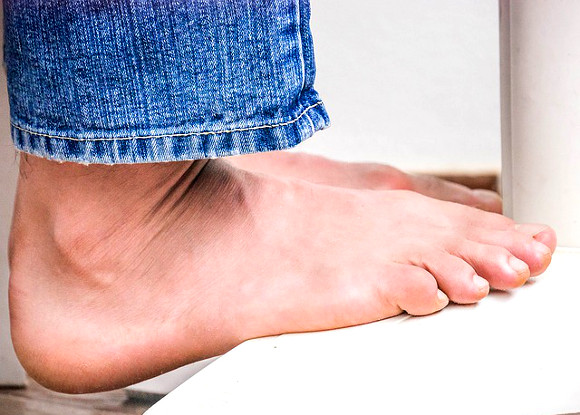Vitamin D is created naturally in the human body when the body is exposed to sunlight. Therefore, it is known as the ‘sun’ vitamin. We all know that vitamin D is especially important for the bones and it helps for better absorption of calcium. The lack of calcium leads to rahitis (deformation and softening of the bones) in children and osteoporosis in adults. Vitamin D helps to quickly heal the bone fractures in older people.
There are various studies that prove how important vitamin D is and researches find new areas in which vitamin D is useful. So today it is known that vitamin D helps in the prevention and treatment of many diseases like some types of cancers, multiple sclerosis osteoporosis, Alzheimer’s disease etc.

There are those who research the link of vitamin D and staying young. According to scientists, women who have large amounts of vitamin D in their blood look younger.
What is the recommended daily dose of Vitamin D?
Experts recommend daily dose of 400-1000 IU of vitamin D. Experts say that this amount of vitamin D per day reduces the risk of osteoporosis. Other experts recommended higher doses of 1000-2000 IU daily, especially in winter, but no more that that.
Most experts believe that we consume or produce some vitamin D from the sun or diet, but in many cases it isn’t enough, so people with low levels of vitamin D in their blood should take dietary supplements.
Who needs vitamin D supplements?
Older people. Older people often don’t expose themselves enough to the sun, and because of that, they create less vitamin D and they should take dietary supplements.
People that are overweight. Our body fat stores some vitamin D and reduces the amount of vitamin D in the blood.
People with dark skin complexion. When people with darker skin complexion are exposed to the sun, they produce less vitamin D because their skin absorbs less UV rays.
Pregnant women and nursing mothers. Women from this group should consume extra vitamin D, especially if they have darker skin or don’t go out too often. Research shows that the amount of vitamin D that mothers have over the last three months of pregnancy, directly affect the health of the baby’s bones.
Sources of Vitamin D
The sun is really the most important source of vitamin D, but we all know how damaging the exposure to sun is. Therefore, it is better to consume food rich in vitamin D or to take a daily vitamin D supplement.
Vitamin D is mostly present in fish, fish oil and egg yolk. But there are some products in which producers add extra vitamin D. Such products are cornflakes, cow’s milk, cheese and butter. However, manufacturers are not required to do add extra vitamin D, so if you want to be sure that you’re taking the recommended daily dose of vitamin D, it’s best to take vitamin D supplement. Vitamin D supplements have the amount of vitamin D listed on the label, so talk to your doctor and determine how much vitamin D you need every day to stay healthy and fit.



